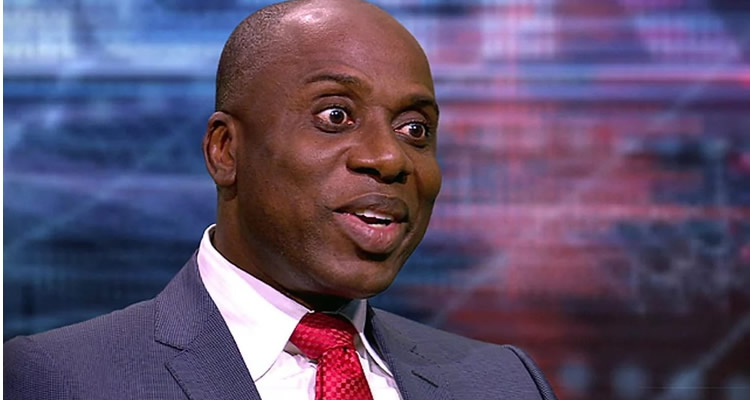- Israeli Firm to Secure Nigeria’s Maritime Space
The Federal Government has contracted an Israeli firm to handle the security of the nation’s waterways and maritime facilities and train personnel.
The Minister of Transportation, Mr. Rotimi Amaechi, disclosed this on Monday in a keynote address at the 2017 World Maritime Day in Lagos.
The minister said the government had engaged the firm for three years to adequately train Nigerian personnel on the security of the sector, after which it would hand over the operation to Nigerians.
He stated that Nigeria would spend $195m on the exercise, expected to commence in December.
Amaechi stressed the importance of security in the nation’s maritime sector against the backdrop of the activities of pirates and the huge amount of money firms operating in the shipping sector were currently spending on escort services.
He said, “We have mandated a consulting firm to do a study of the maritime sector and they will round off in nine months. They have already done between three and four months, and we are expecting them to submit an interim report on their findings.
“One of the burning issues in the maritime sector is security. The Federal Government has contracted an Israeli firm, which is going to train our security men. They will buy equipment and dominate Nigeria’s waterways for the next three years.
“Within that three years, the Israeli firm will train our security operatives for them to take over after the expiration of the contract. They are yet to launch because they are still buying the equipment. When you see the equipment on the waterways, people will know they are safe and secure.”
The minister noted that the shipping firms were paying as much as $18m annually to those escorting their vessels from one point to another on Nigeria’s waterways, adding that from the middle of next year, such escort services would cease as the Israelis had promised that there would be no more harassment of firms on the nation’s waterways.
The minister added that the government was reviewing its concession agreement with private investors.
He further stated that the time being wasted for cargoes to exit the ports would be reduced by December when the narrow gauge rail line would begin to work.
Amaechi said, “We will insist that everybody must put their cargoes on the train. By December, we are bringing in about 100 wagons. We are launching six locomotives before December. Initially, General Electric said they would pick the cargoes from the ports to Ebute-Meta, but I told them that such movement of cargoes to Ebute-Meta would not work.
“By next week, I will inform General Electric that all cargoes will be moved from the ports straight to Papalanto in Ogun State. This will start before the end of December. We are doing that with the Nigerian Ports Authority and the Nigerian Railway Corporation.”
On the recent unrest at the Maritime Academy of Nigeria, Oron, Akwa Ibom State, the minister said he was trying to establish that the institution belongs to the Federal Government, and not a community.
He added, “I have never seen where a community tells government who to be appointed as a rector, or who contract should be awarded to. That has stopped with my regime. I initially wanted to appoint a Kano person as the rector of MAN, Oron, so that the host community will know the academy belongs to Nigeria and not to the Oron community.
“But we have appointed a trusted leadership that will develop and improve the plight of the academy so that quality graduates will be churned out of the academy.”

 Forex3 weeks ago
Forex3 weeks ago
 Naira3 weeks ago
Naira3 weeks ago
 Billionaire Watch2 weeks ago
Billionaire Watch2 weeks ago



 Naira3 weeks ago
Naira3 weeks ago






 Naira2 weeks ago
Naira2 weeks ago




 Naira1 week ago
Naira1 week ago




 Naira4 weeks ago
Naira4 weeks ago






 Naira1 week ago
Naira1 week ago
























